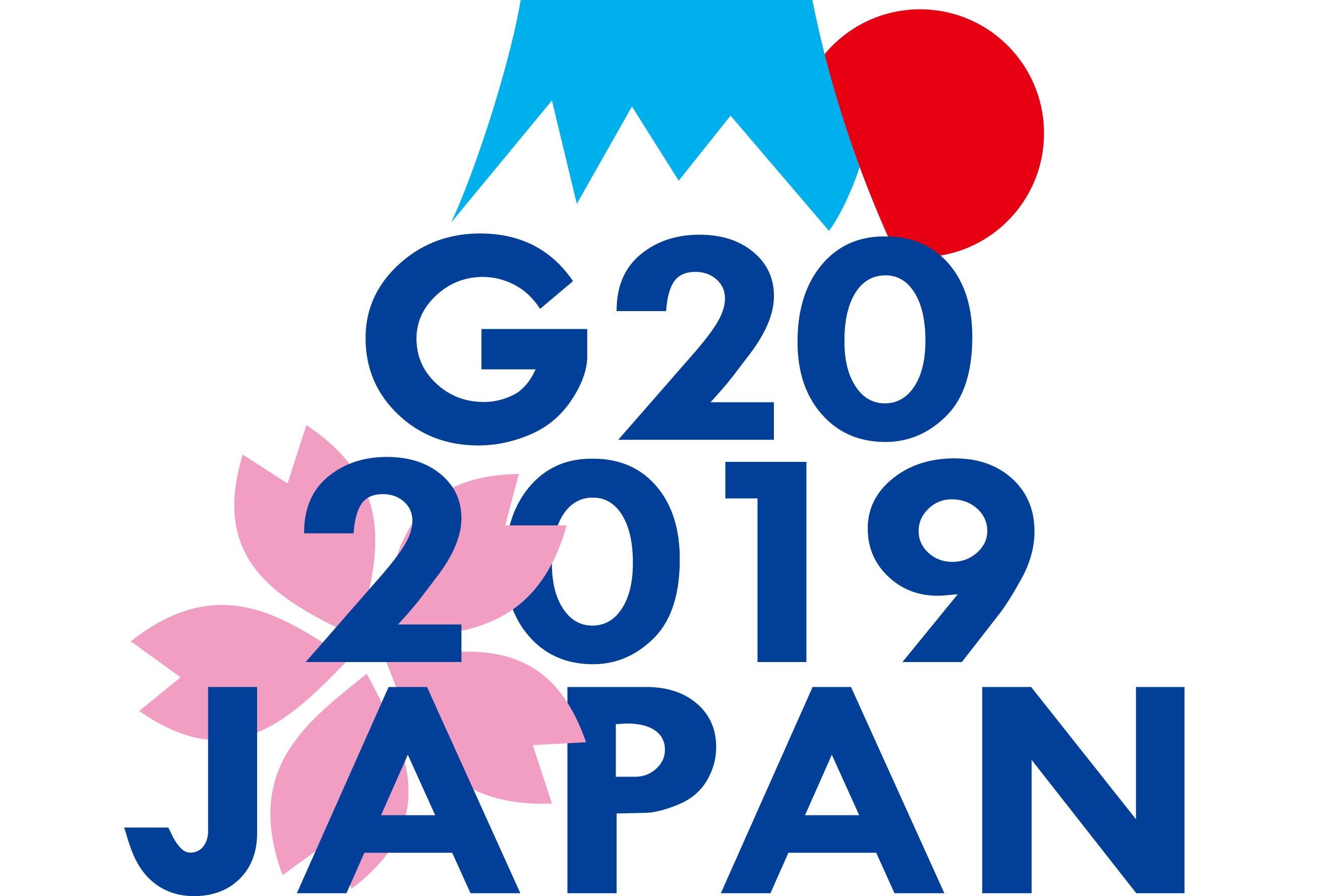Unlikely For Indian Government To Ban Cryptocurrency
Last month a draft bill titled “Banning of Cryptocurrency and Regulation of Official Digital Currency Bill, 2019” circulated. The draft bill has proposed up to a 10-year prison sentence for individuals who mine, generate, hold, sell, transfer, issue or deal in cryptocurrencies.
It is expected that the Indian Government will introduce Cryptocurrency Bill in the winter session of parliament. Interestingly since the draft bill leaked, a lot has happened which suggests an alternate course.
1| G20 summit in July 2019 to which India is a member

In the declaration, G20 members (to which India is a member) agreed that crypto-assets do not pose a threat to global financial stability and blockchain technological can deliver significant benefits to the broader economy.
Additionally, G20 members committed to applying the new FATF standards so that cryptocurrencies are not used for anti-money laundering and financing terrorism.
To comply with the new standard, it is expected that governments will ask cryptocurrency exchanges to perform extensive KYC and AML procedures. Therefore, utmost end the anonymity in cryptocurrencies trade.
2| India’s Finance minister is yet to take any position on the report
Nirmala Sitharaman, India’s Finance minister in an interview with EconomicTimes when asked about the reports on cryptocurrency ban, said,
“I had the presentation done before me. The committee has done extensive work on it. Inputs that have come in; if I compare several other countries where this kind of study has been done on cryptocurrencies, we have done very well.”
She continued saying, “They have gone much ahead of all other countries that have thought about it. It’s a very futuristic and well-thought-out report. I have not spent time on it after the presentation. Of course, we will look into it soon and come back with a position. That was also reported in court as there is a case going on.”
3| Big Indian corporations Investing In Blockchain.
In India’s recent elections, much of the donations to political parties (also known as electoral funding) were provided by corporates. The current ruling party BJP received a major share of donations (estimated $45-50 Million) from Progressive Electoral Trust.

Progressive Electoral Trust was established by the Tata Group, a parent company of TATA communication who recently partnered with Hedera Hashgraph to join as one of the governing council (or node) in their project.
Another corporation, Reliance Industries chairman, Mukesh Ambani yesterday announced in the annual stakeholder meeting their plans to launch blockchain platform. It is rumored that the platform will issue a native cryptocurrency called ‘JioCoin’ to reward users(community) and possibly a way for users to monetize their data.

The chairman of Reliance Industries, Mukesh Ambani has close relationships with India’s prime minister Narendra Modi. During India’s prime minister Narendra Modi first term, he was criticized by political opponents and the media for being too close to industrial titans (like Mukesh Ambani) who call the shots in India’s new economic policies.
Given the long-ties of Reliance group with India’s prime minister and TATA’s huge electoral fund contribution to the current political ruling party BJP in India, these blockchain entrant corporates may influence Indian government to avoid the ban.
It is unlikely for the Indian government to pass the cryptocurrency ban bill but rather introduce strict regulations
More like setting up FATF standards in the country so that cryptocurrencies are not used for anti-money laundering and tax invasion.


Comments are closed.